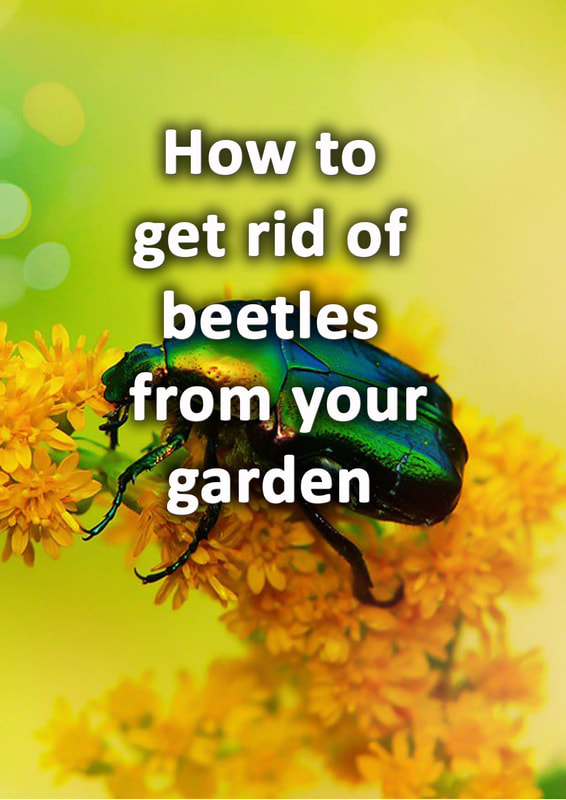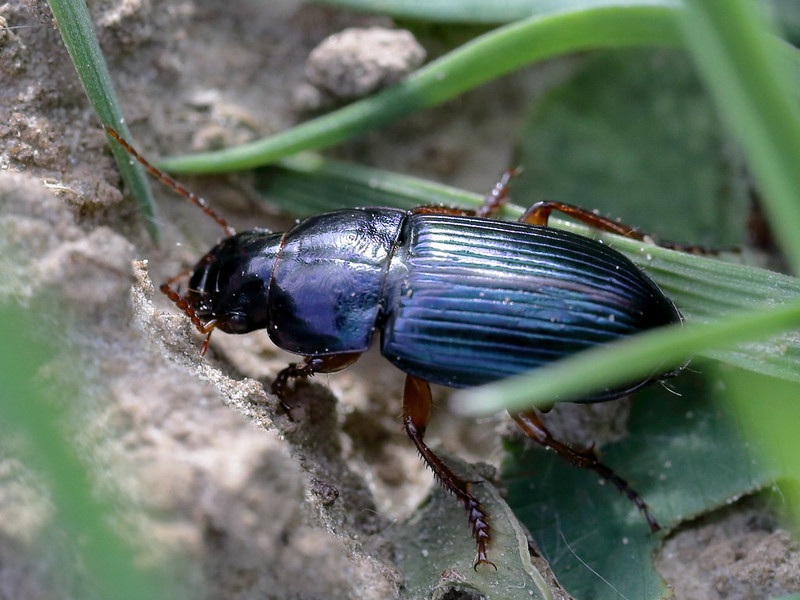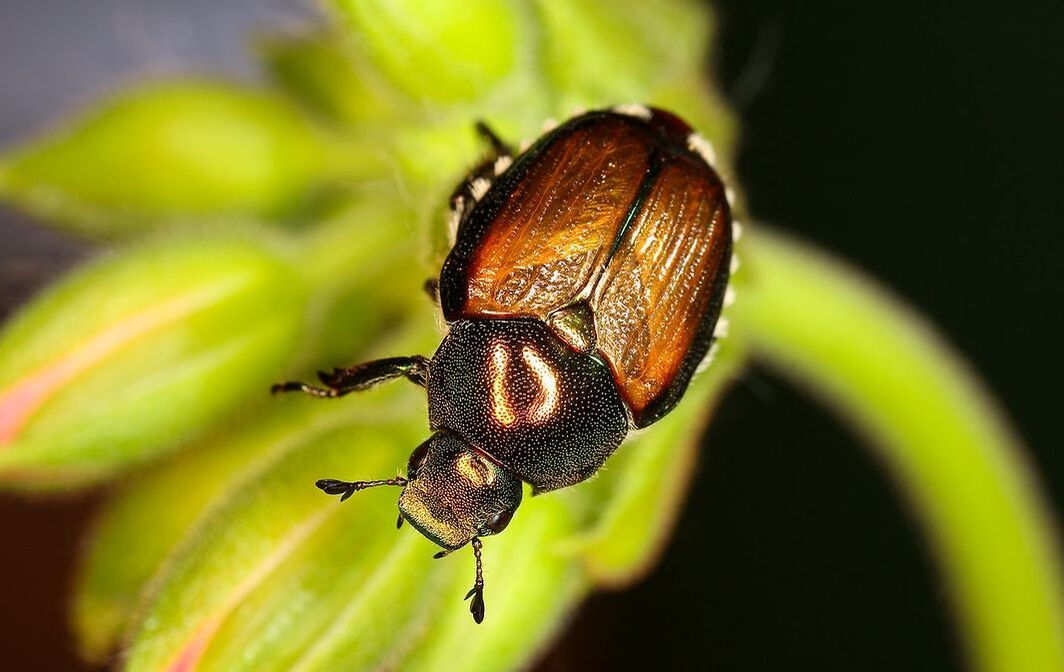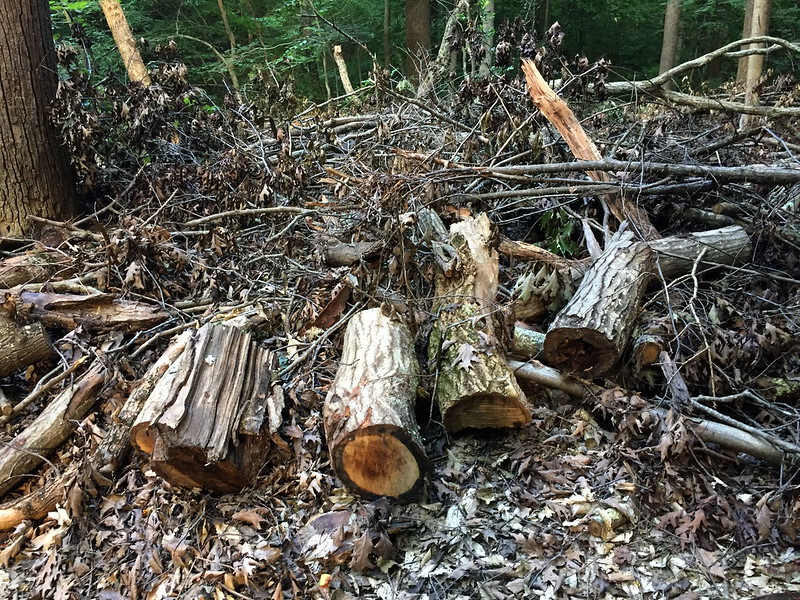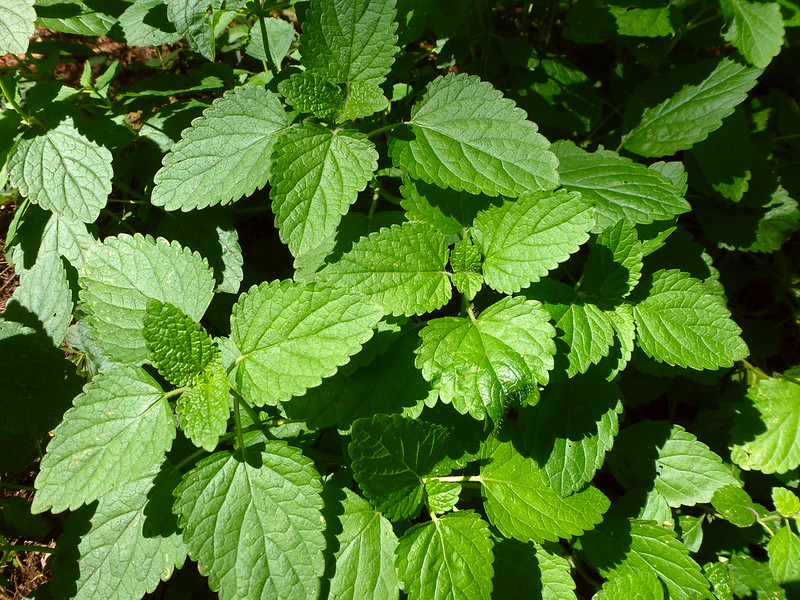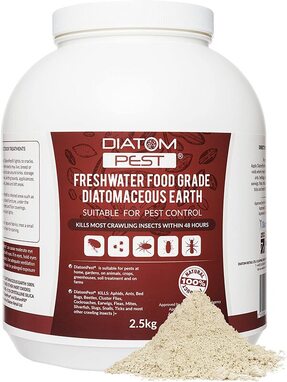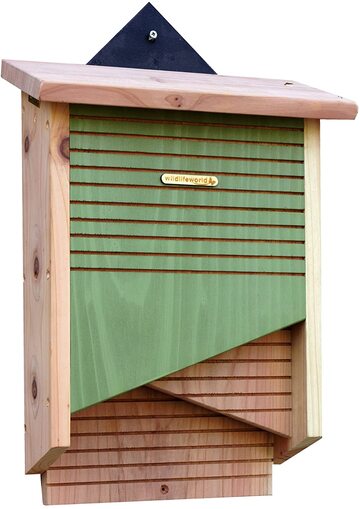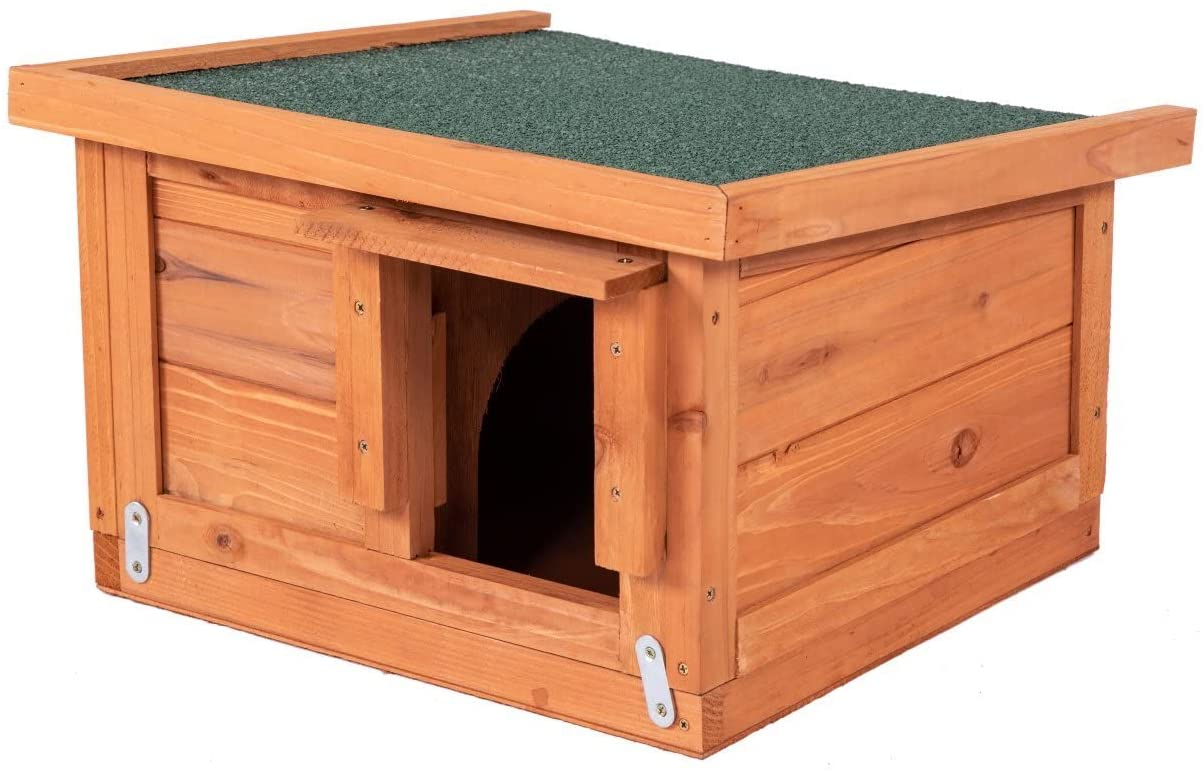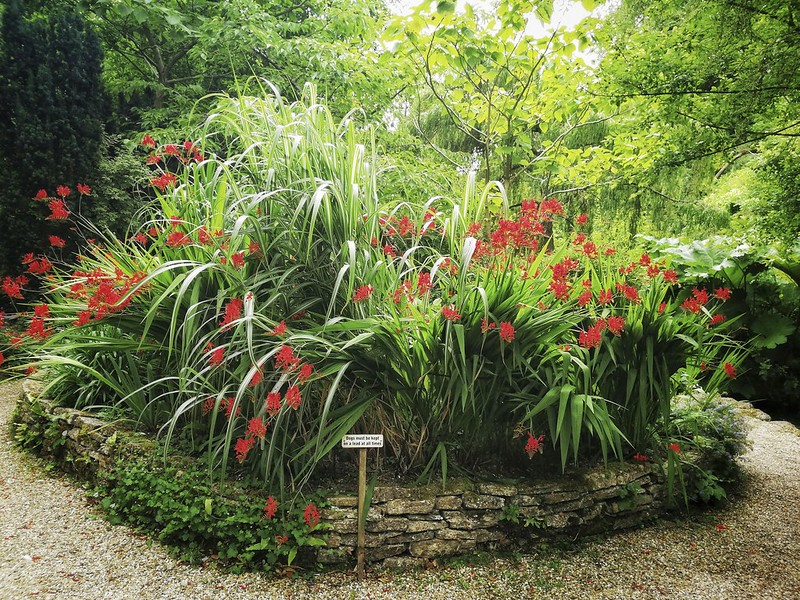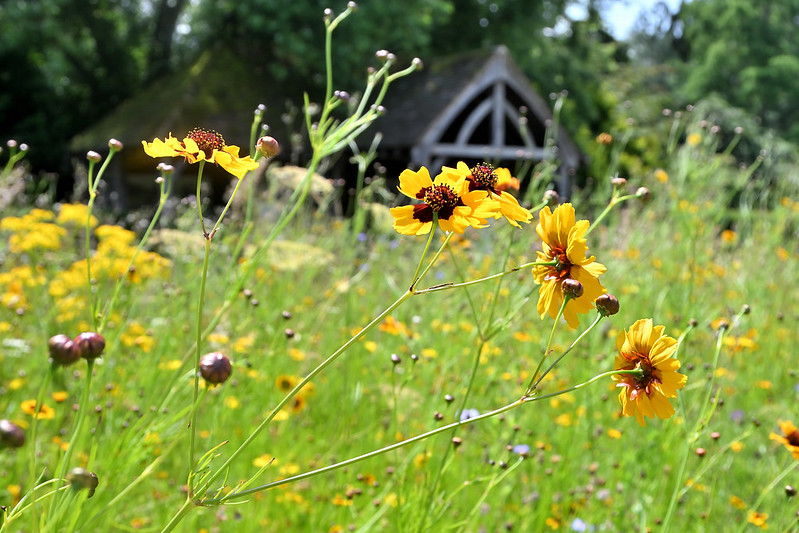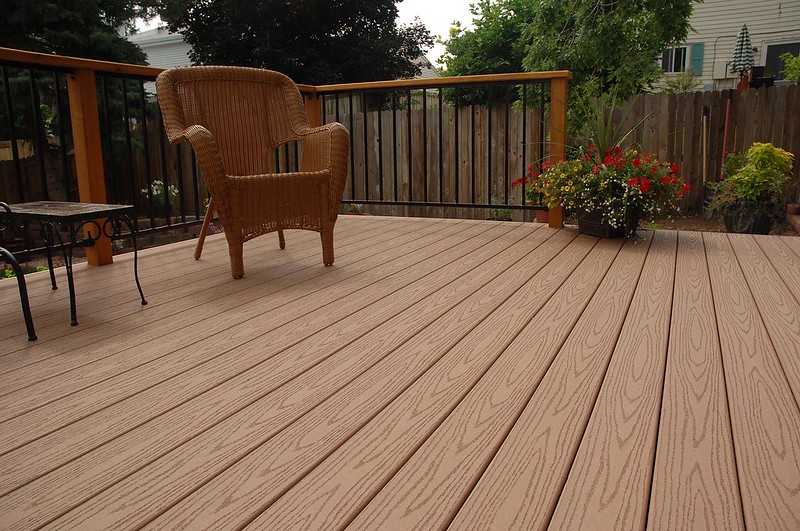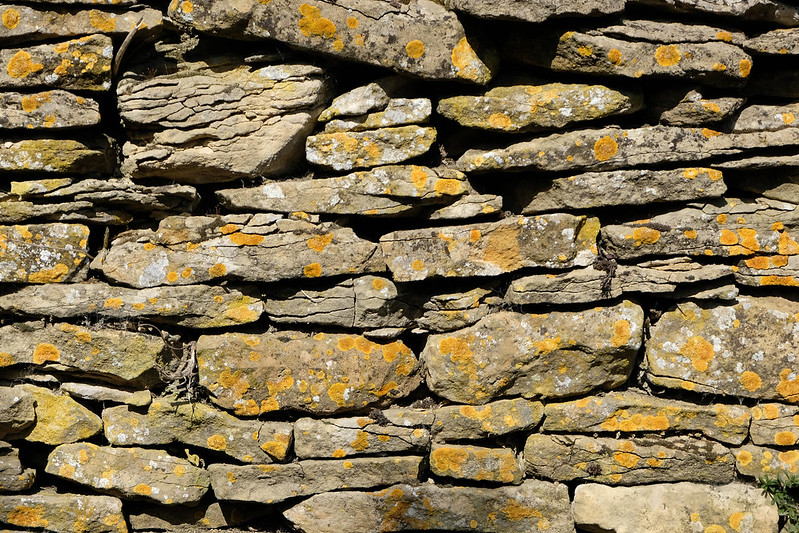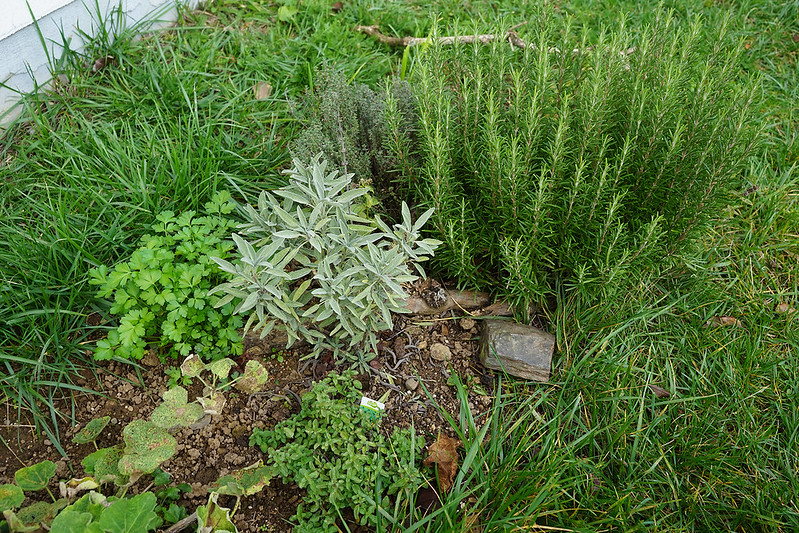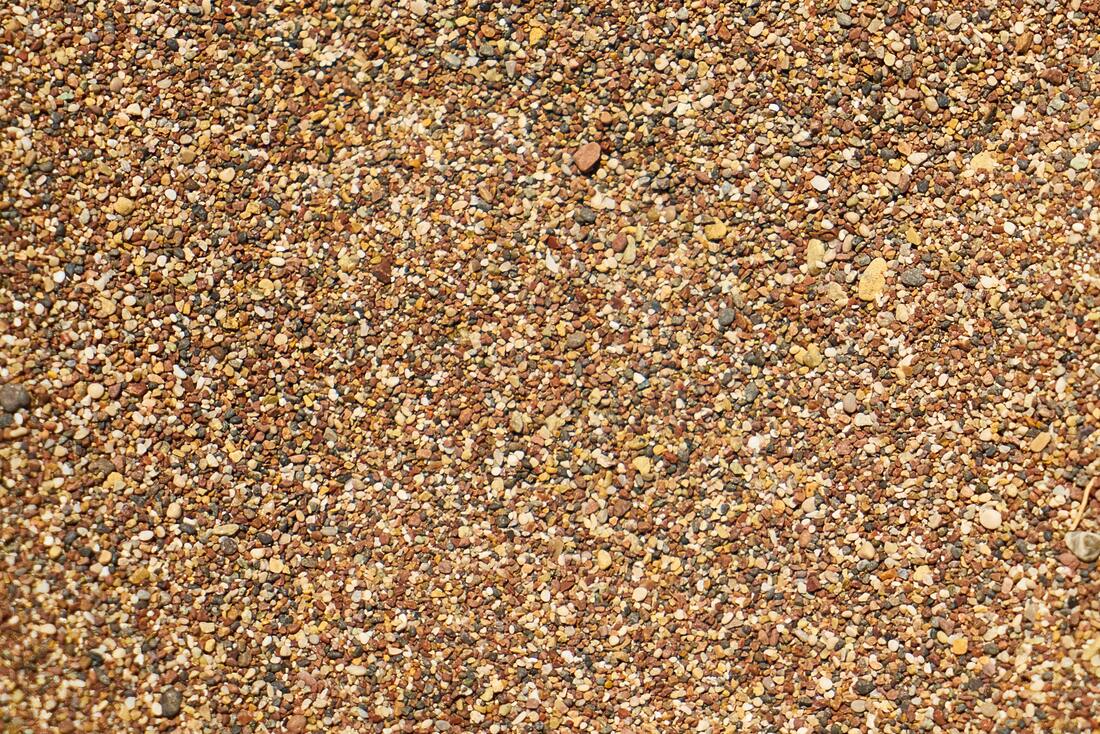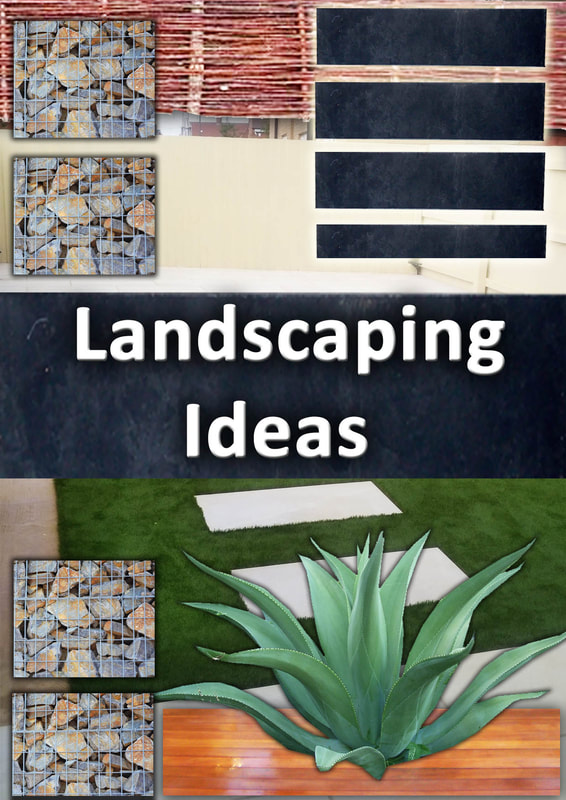|
This article contains affiliate links
Beetles are some of the most fascinating organisms on the planet! Found on every part of the globe except Polar Regions they constitute around 40 percent of all insects.
Of the 400 thousand described species it is thought there could be 1.5 million still to be discovered! It has been estimated that beetles as a group could make up around 20 percent of all animal life forms! Such impressive statistics are enough to never look at these fascinating insects the same.
Beetles are no less diverse in our gardens but are not always welcome. While some beetles eat pests and help create compost others can attack and eat our plants.
However most of the time like spiders many people are scared of beetles. Their large jaws and hard, shiny, bodies just make them too much for some people. Hence it is no surprise that many seek to get rid of beetles from their garden. In this article we will try understand beetles better and how we can get rid of them naturally. Why are beetles living in your garden?
Beetles are extremely diverse and common across most of the planet. It is true that anywhere hospitable to humans is probably also favourable for beetles. Beatles are probably living in your garden because there is suitable habitat. This means there is ample food, water and shelter for them to survive and breed. Advantages of having beetles in your garden
The advantages brought by beetles may vary depending on what resident species you have. The most common garden beetles are Ground Beetles and Rove Beetles. These are on the whole very beneficial to gardens; they predate pests such as slugs and aphids. As well as keeping pests at bay many other species help to break down decaying wood and plant matter. This makes them effective at helping to produce organic compost and soil conditioner. Disadvantages of having beetles in your garden
However, on the other hand, some beetles will eat through the roots and foliage of plants. This makes it a little bit of an issue understanding which beetle is friend and which is foe. There are many invasive plant eating species such as the infamous Japanese beetles. These can eat through quite a dramatic amount of varied garden vegetation within a single season. Therefore the main advantages and disadvantages are distilled by the species you have present.
However the majority of people who want to get rid of beetles are not necessarily selective. It is more likely they are simply scared of the way they look and move. Consequently they do not desire any species of beetle living in their garden if they can help it. Do garden Beetles bite?
Although some garden beetles do have rather impressive mouth parts they are not for biting humans. Many beetles have strong jaws for chewing through timber and fighting off rivals. However with that being said they will bite humans if trapped or threatened. The best way to avoid this is simply to leave them alone. Do garden beetles fly?
Most beetles have hard shells and wing cases but not all of them fly. Most typical ground dwelling beetles wing cases are fused together for greater defence from predators. However a beetle’s size is no barrier to its ability to fly. For example Britain’s largest beetle the stag beetle can fly long distances in search of a mate. 11 Ways to get rid of beetles from your garden
1. Keep your garden clean and tidy
Beetles like other insects like nooks and crannies to stay safe. If you have a messy garden with lots of clutter it is best to have a good clear up. Try to keep your garden well maintained with lawns mown and hedges clipped. 2. Remove dead wood from your garden
Many species of garden beetles consume and complete their life cycles within decomposing wood. Even beetles to whom dead wood is less important will still shelter in these environments. Hence if you want to get rid of beetles, clear out all dead wood. 3. Seal up nooks and crannies.
Beetles like to hide away in cool and secure places during the day to stay away from predators. Therefore if you want to reduce their numbers seal up nooks and crannies. These could be cracks in retaining walls or broken concrete. 4. Grow plants which repel beetles
Like many insects beetles do not like very aromatic plants like herbs. The great thing about this is these herbs are off great use to us! This means you can grow useful plants and repel beetles at the same time! The best herbs for this are Pennyroyal, Mint, Lavender, Lemon balm, Rosemary and Thyme. 5. Create a natural insect repellentIf you want to apply spot treatment to beetles in the garden you can make a harmless repellent. Mix water with some lavender, peppermint oil and put into a spray bottle. Gently spray to areas where beetles have been seen. 6. Create a pit fall trap
Another humane way to get rid of beetles is to collect them live and release them in suitable habitat. Simply bury a steep sided cup into the ground so its top is flush with the soil. Then place a flat piece of paving or rubble over the cup raised up on stones. Beetles will try to shelter under the slab and fall into the trap. They can then be removed from the garden and released in suitable habitat. 7. Diatomaceous earth
Diatomaceous earth is a type of natural rock which is formed from sedimentary fossils. When ground into dust it can enter the exoskeleton of beetles and disable them. In all honestly this should only be used as a last resort and if you have an infestation of invasive species. Diatomaceous earth can also affect beneficial species of insects. 8. Install bat boxes
Bats are extremely effective predators of both flying and ground dwelling beetles. These amazing, flying mammals have become rarer in recent years due to the lack of suitable roost sites. Why not reduce beetles in your garden and help save local bats simultaneously. Install a bat box! 9. Encourage birds
Garden bird numbers have declined hugely in recent decades. Commercial agriculture combined with maintenance free gardens has accelerated this trend. Birds will happily gorge themselves of garden beetles if encouraged. Why not install some nest boxes and some food and water for the winter months? 10. Encourage hedgehogs
One of the best ways to get rid of garden beetles is by encouraging hedgehogs. Hedgehogs have very keen senses and will sniff out multiple hidden ground dwelling pests. Why not create an entry hole in your fence and a hedgehog nesting box? For more information on encouraging hedgehogs read our article here. 11. Glue traps
Glue traps can be applied wherever you have a problem with a specific insect species. For instance, if you have an infestation of Japanese beetles, set these up next to affected plants. As the beetles pass over they will become stuck in the traps. The beetles can then be readily removed from your garden. Landscaping your garden to get rid of beetlesIn the end the most successful strategy for reducing beetles in your garden is to make it less favourable. The way to do this is simply eliminate any suitable, beetle, habitat. By providing fewer opportunities to feed and shelter will ultimately get rid of beetles in your garden. Landscaping beetles like
Densely planted flower borders
Flower borders which are planted densely provide the perfect security for hiding beetles. These are perfect locations to feed, find a mate and hide. Thinning out your borders will make them less attractive to beetles. Wood chips
Many beetles are originally woodland dwelling species. This means any garden that recreates this environment will attract them. Many beetle species feed on decomposing wood or the species which feed on such. Consequently beetles love garden areas full of wood chips. Open compost heaps
Many traditional compost heaps are basically just a mound of composting material. This type of open compost area is a Mecca for garden beetles. The moist and warm environments create the perfect places for beetles to feed and keep warm. If you wish to create a compost heap less desirable to beetles a sealed compost tumbler is a better option. Overgrown lawns
Overgrown lawns provide the best of all worlds for garden beetles. These bio diverse areas are optimal for them to feed and hide from predators. Consider keeping your grass well cut at regular intervals to discourage beetles. Rotten wood
Probably the most attractive garden feature for beetles is decaying wood. Old piles of timber and rotting log stacks can create the perfect habitat for them. If you really are serious about getting rid of beetles you must get rid of old dead wood and timber products. Decking
Decking can provide perfectly enclosed and safe, sheltered, outside sanctuaries for beetles. The gaps between boards allow the perfect entry point especially during the summer. The joisting work under decks creates a warm place where they are free from predators. Timber raised beds
Many beetle species are very proficient at burrowing and digging into deep soil. Timber raised beds provide the perfect opportunity for them to burrow behind timberwork. As beds slowly degrade over time this provides even more entry points for them. If you are really serious about getting rid of beetles build masonry planters instead. Dry stone walls
Not only do dry stone walls create multiple, miniature caves for beetles to live in they also boost microclimate. This is where outdoor environments capture the sun and increase the temperature. This makes dry stone walls even more attractive to a wider spectrum of beetle species. Gabions
Gabions are becoming an ever popular feature within our gardens. These are typically robust, metal cages filled with rocks. These create an interesting, visual, texture and landscape feature. They also create the perfect environment for beetles to thrive. If you don’t want beetles in your garden gabions may not be the best idea. Landscaping beetles don’t like
Well maintained gardens
Any garden space which is well tended to will not be attractive to beetles. Beetles like plenty of places to hide and do not like neat and tidy spaces. If you want to get rid of beetles create well defined spaces and keep them well maintained. Herb gardens
Beetles like many other insects do not like plants with pungent aromas. The most typical of these are well known herbs such as Mint, Lavender and Rosemary. Therefore to help repel Beetles from your garden why not create a herb garden? These are especially good around a patio or gathering space. Well built patios
Well built patios and secure paving will provide fewer opportunities for beetles to hide. Loose paving slabs resting on sand mixtures give beetles a chance to burrow under. Fill in cracked paving with mortar or re-lay patios correctly on a solid bed of sand and cement. The lighter and brighter the paving colours the less attractive it is to beetles. Loose gravels
Loose, landscaping, gravels graded between 10mm – 30mm are difficult for beetles to walk across. Larger beetles can create rustling sounds when moving across alerting their presence to predators. This is further exacerbated when using light coloured gravel aggregates. Artificial grass
Artificial grass provides pretty much zero ecological value to gardens. This means it has really no ability to benefit any particular species. This is no different for beetles who find it cumbersome to walk across.
Thank you for reading our article on how to get rid of beetles from your garden. If it helped in your search why not share it on social media vid the tabs below? Thank you!
'As an Amazon affiliate I earn from qualifying purchases'
0 Comments
Leave a Reply. |
The Author
|
Landscaping services across Buckinghamshire, Amersham, Aylesbury & High Wycombe
Hyde Heath, Amersham, Buckinghamshire |
|
